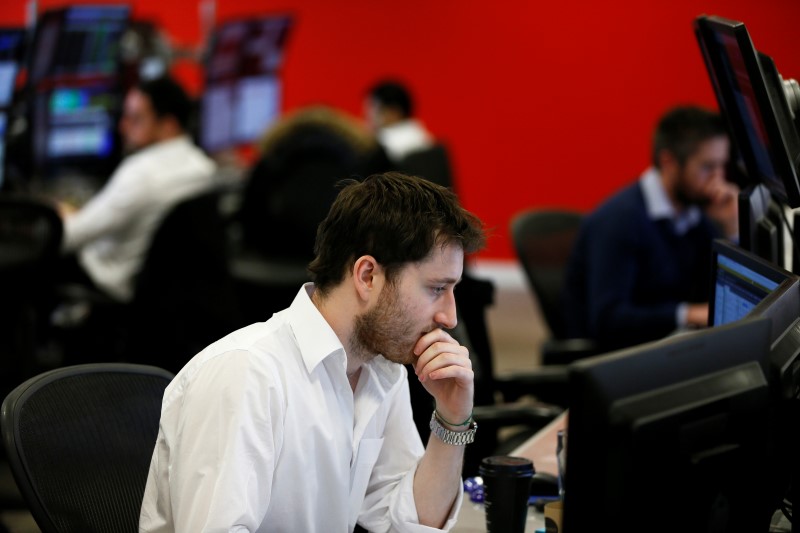This post was originally published on this site
https://i-invdn-com.akamaized.net/news/LYNXNPEC0E0NI_M.jpg © Reuters. Germany to tighten foreign investment rules for critical sectors
© Reuters. Germany to tighten foreign investment rules for critical sectorsBERLIN (Reuters) – Germany plans to screen non-European investors that want to buy into firms in high-tech sectors such as robotics and artificial intelligence in a move widely seen as targeting Chinese state-backed investors.
The measures, outlined in a document seen by Reuters, are part of a new industrial strategy due to be announced by Economy Minister Peter Altmaier on Friday.
While China is not mentioned in the document, German and European Union officials have repeatedly said they want a fair playing field with China, which they accuse of shielding its own companies from foreign investors.
“The economy ministry has worked out a further amendment to the law under which we will extend the screening possibilities and define a catalogue of critical technologies,” the document seen by Reuters said.
“The government must be able to take a closer look, for example, if national security interests are affected by foreign investments,” the paper said.
Under the new rules, investors in sectors including artificial intelligence, robotics, semi-conductors, biotechnology and quantum technology would have to make public any purchases of 10% or more and allow Germany to check them.
Previously, only investments in critical infrastructure, such as energy, water, telecommunications and defense could be screened. Last year, the government dropped the investment threshold for those sectors to 10% from 25%.
The German move comes at a time the EU as a whole is reconsidering the bloc’s industrial strategy and relations to China in the face of increased investment in critical sectors by Chinese state-owned enterprises.
German officials have described the Chinese takeover in 2016 of Bavarian robotics firm Kuka (DE:) as a wake-up call that underlined the need to shield strategic parts of the economy.
An attempt by China’s State Grid in 2018 to buy a stake in power grid operator 50Hertz also focused German minds. After Berlin failed to find an alternative private investor in Europe, German state-owned bank KfW stepped in to keep the Chinese out.
Fusion Media or anyone involved with Fusion Media will not accept any liability for loss or damage as a result of reliance on the information including data, quotes, charts and buy/sell signals contained within this website. Please be fully informed regarding the risks and costs associated with trading the financial markets, it is one of the riskiest investment forms possible.

